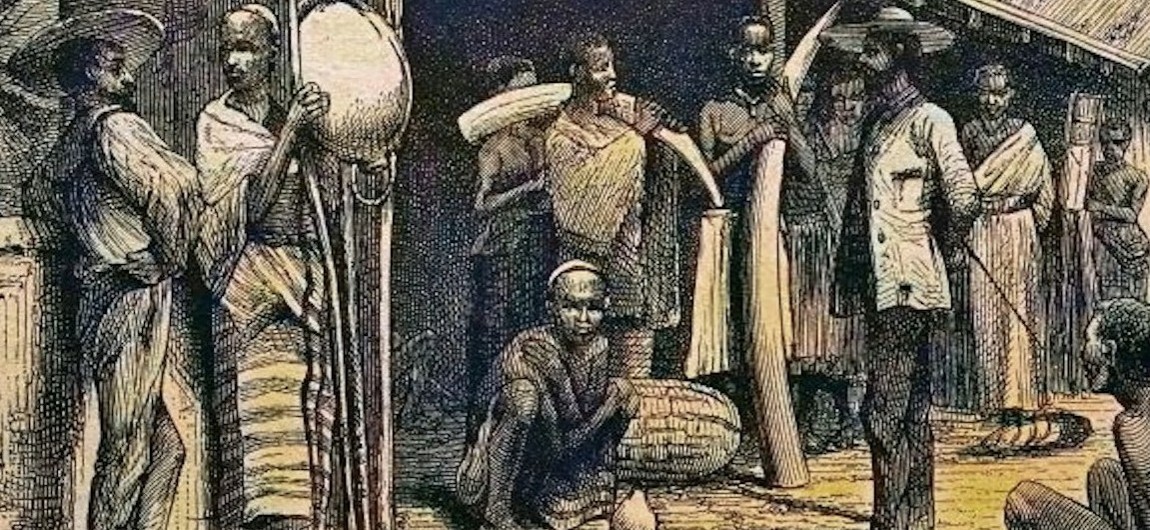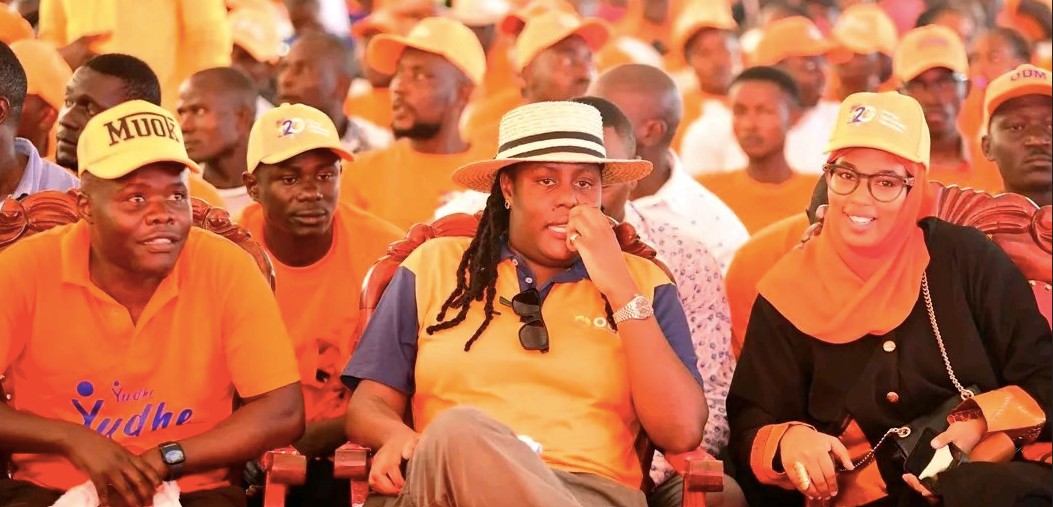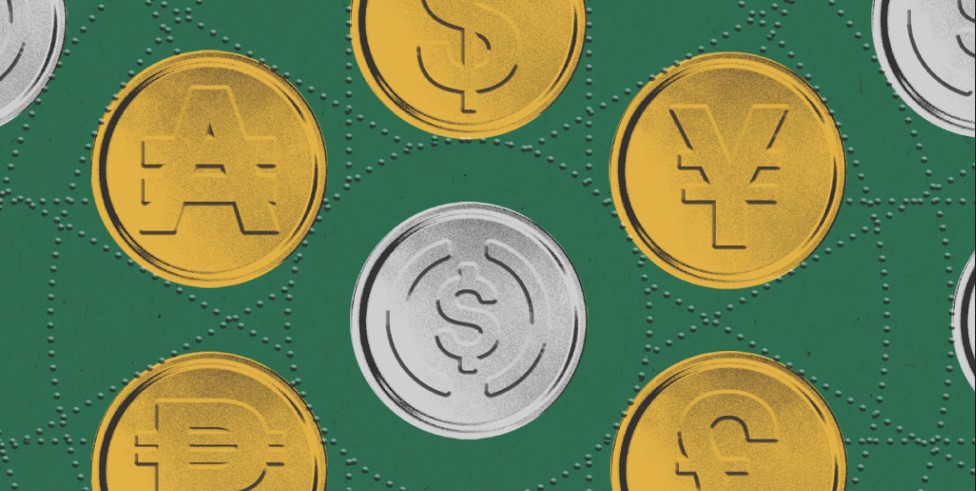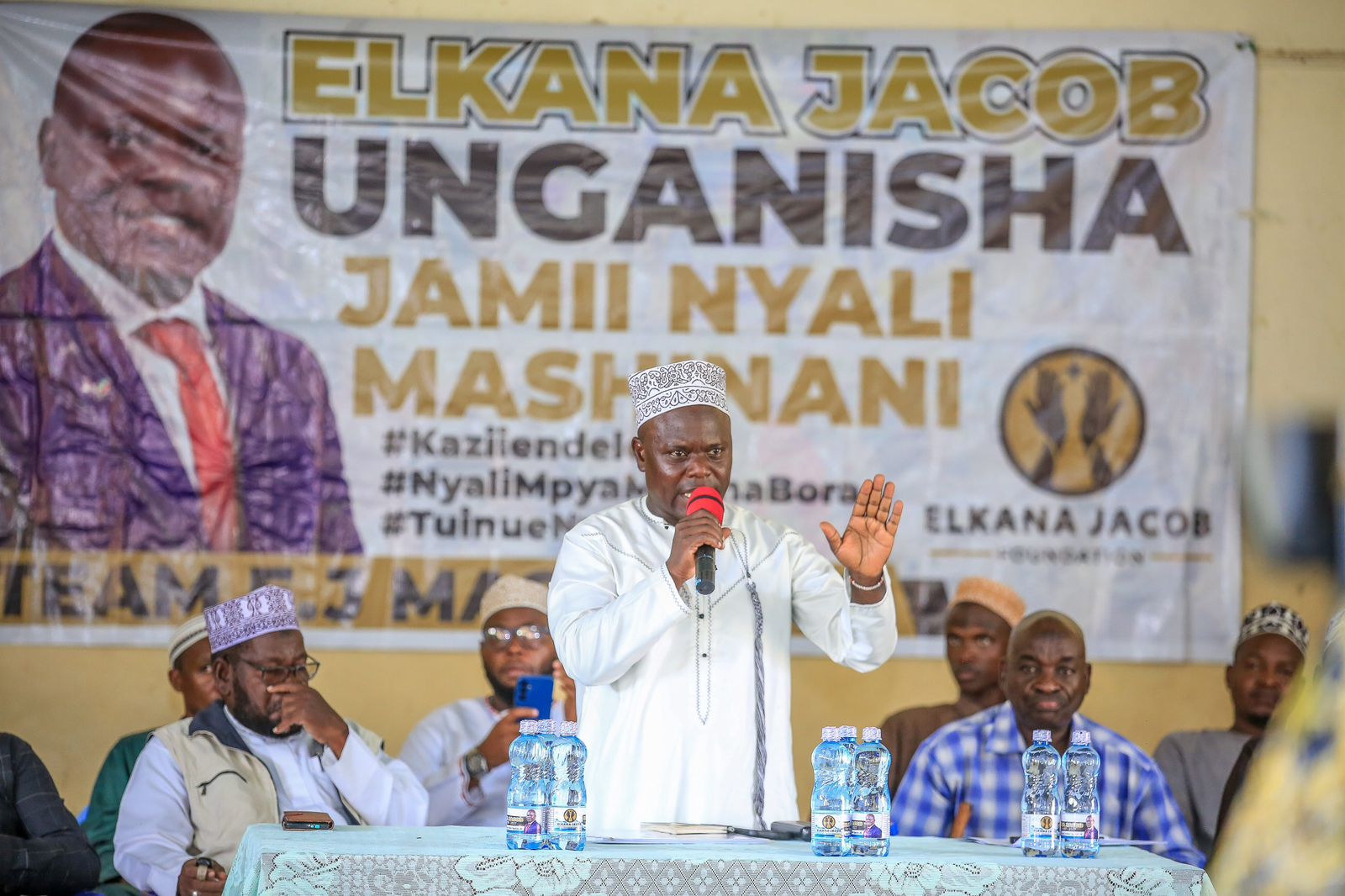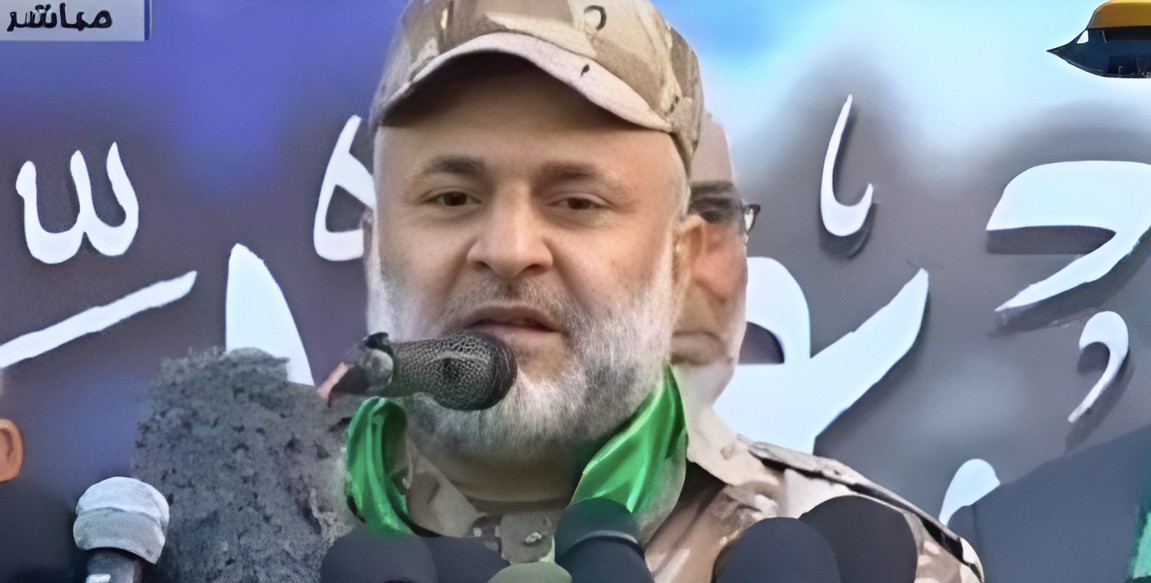Massive drop in the Birr as Ethiopia accepts IMF conditionality to salvage its declining economy
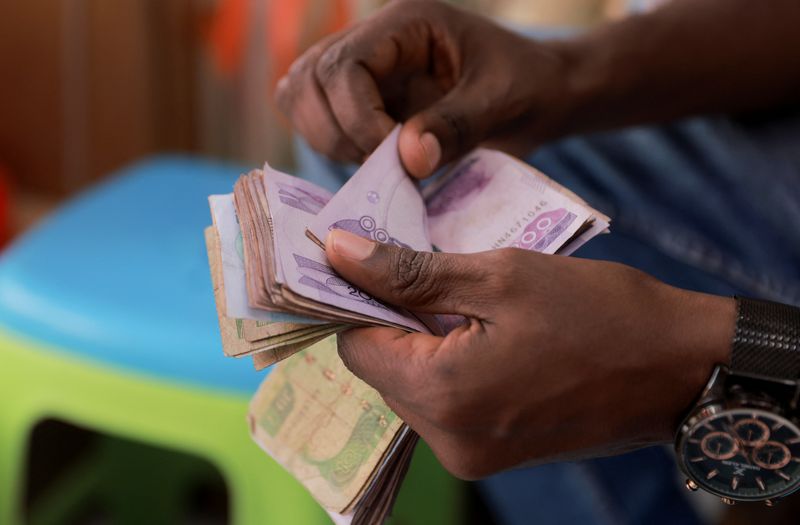
The birr currency fell 30 per cent against the dollar to 74.73 per dollar after the restrictions were lifted, the biggest commercial lender said.
Ethiopia's central bank lifted restrictions on the foreign currency market on Monday, it said, a key step to securing International Monetary Fund funding and making progress on a long-delayed debt overhaul.
The birr currency fell 30 per cent against the dollar to 74.73 per dollar after the restrictions were lifted, the biggest commercial lender said. The currency was trading at 57.48 to the dollar on Friday.
More To Read
- World Bank warns political interference weakening Kenya’s state-owned enterprises
- Ruto backs IMF partnership as key to Kenya’s debt, economic reforms
- Birr in Freefall: Ethiopia’s struggle with record currency depreciation, imported inflation risk
- Faith under fire: How social media fuels rising attacks on religions, followers in Ethiopia
- World Bank upgrades Kenya’s growth outlook to 4.9 per cent, warns of elevated risks
- Africa’s share of global extreme poverty rose by 30 per cent in 10 years - World Bank
Last December, the Horn of Africa nation, which is struggling with high inflation and chronic foreign currency shortages, became the continent's third economy in as many years to default on its debt.
It has been in talks with the IMF since last year to set up a new lending programme after the last Fund-backed programme, agreed in 2019, was abandoned due to conflict in the northern region of Tigray, which ended with a peace deal in November 2022.
"Banks are henceforth allowed to buy and sell foreign currencies from/to their clients and among themselves at freely negotiated rates, and with the NBE (National Bank of Ethiopia) making only limited interventions," the central bank said in a statement.
The reforms were first announced by Prime Minister Abiy Ahmed late on Sunday.
As part of the reforms, Ethiopia will receive $10.7 billion in external financing from its development partners, Mamo Mihretu, the central bank governor, said in a video posted online.
"This support includes exceptional financing from the IMF, World Bank and creditors," he said.
"The IMF and World Bank are both providing exceptional and front-loaded funding support that will be among their highest such allocations on the African continent."
There was no immediate comment from the IMF.
Africa's second most populous country requested a debt restructuring under the Group of 20's Common Framework process in early 2021, but progress was slowed by a two-year civil war in the northern region of Tigray.
The government in Addis Ababa has already unveiled some economic reforms that analysts say are linked to negotiations for a new IMF reform programme, including the adoption of an interest-rate-based monetary policy earlier this month.
Top Stories Today

